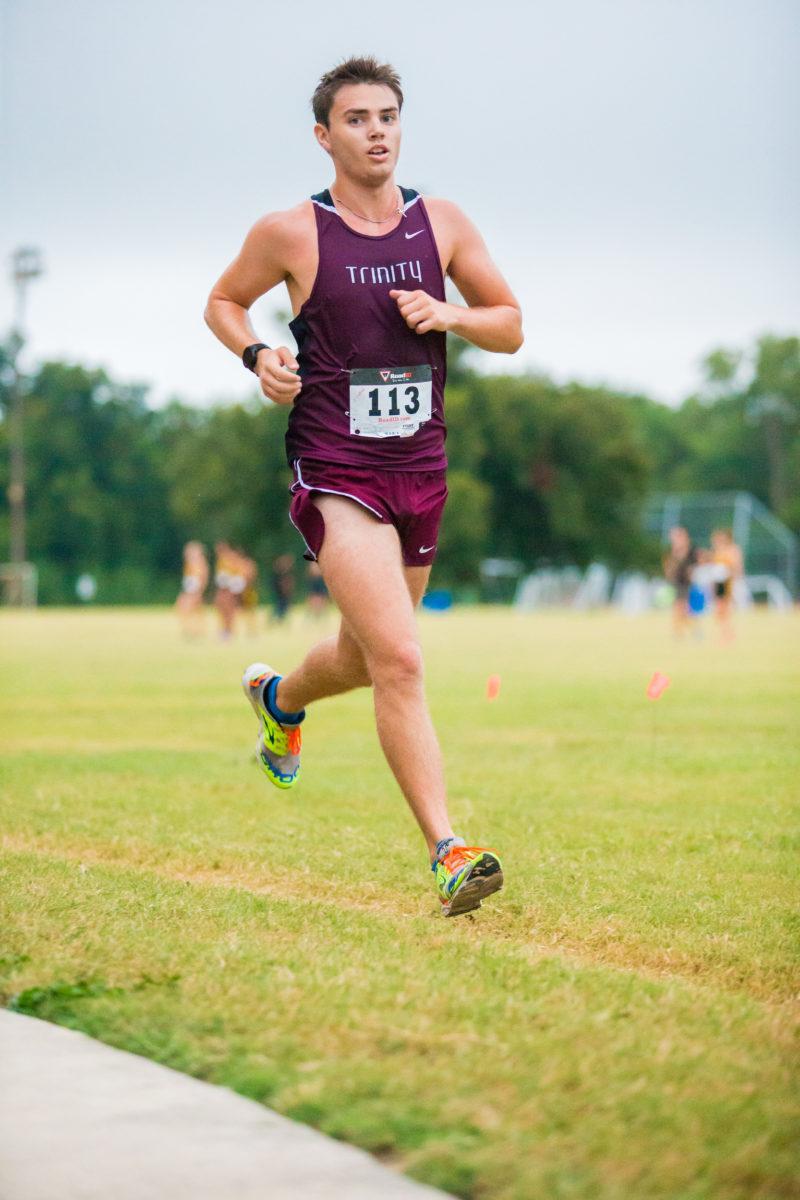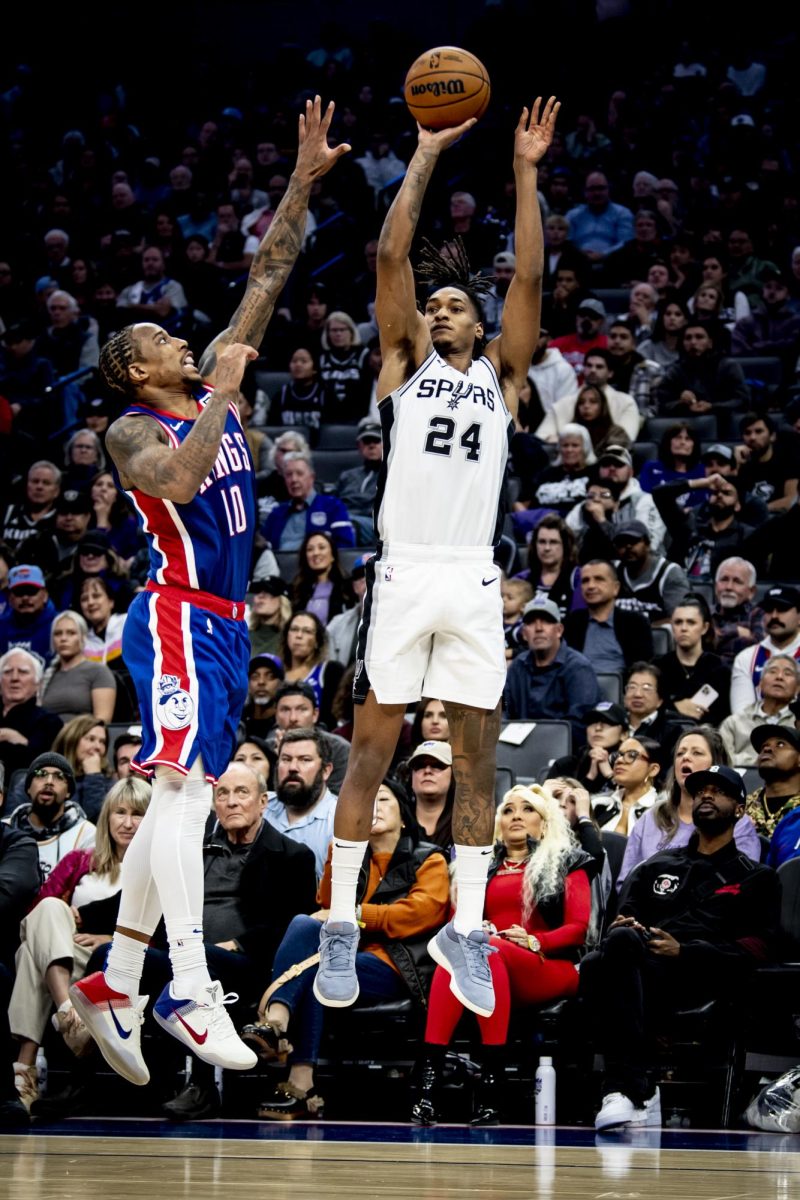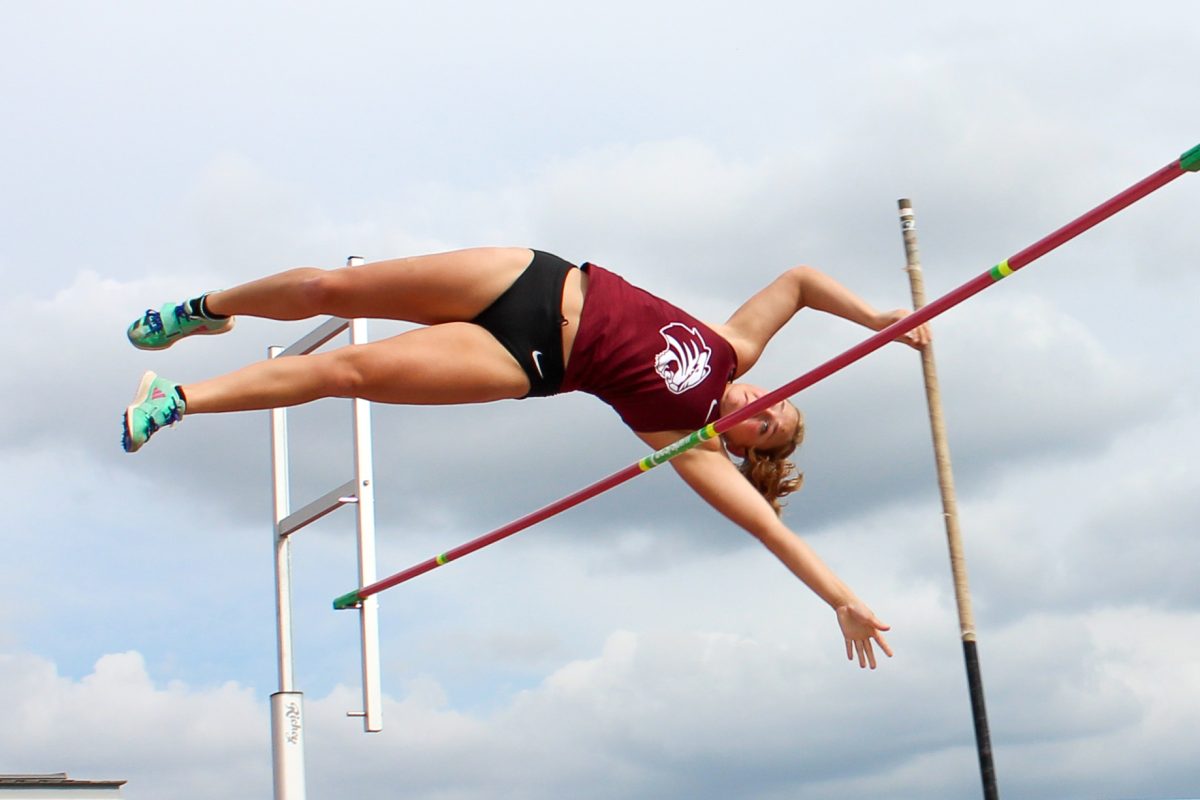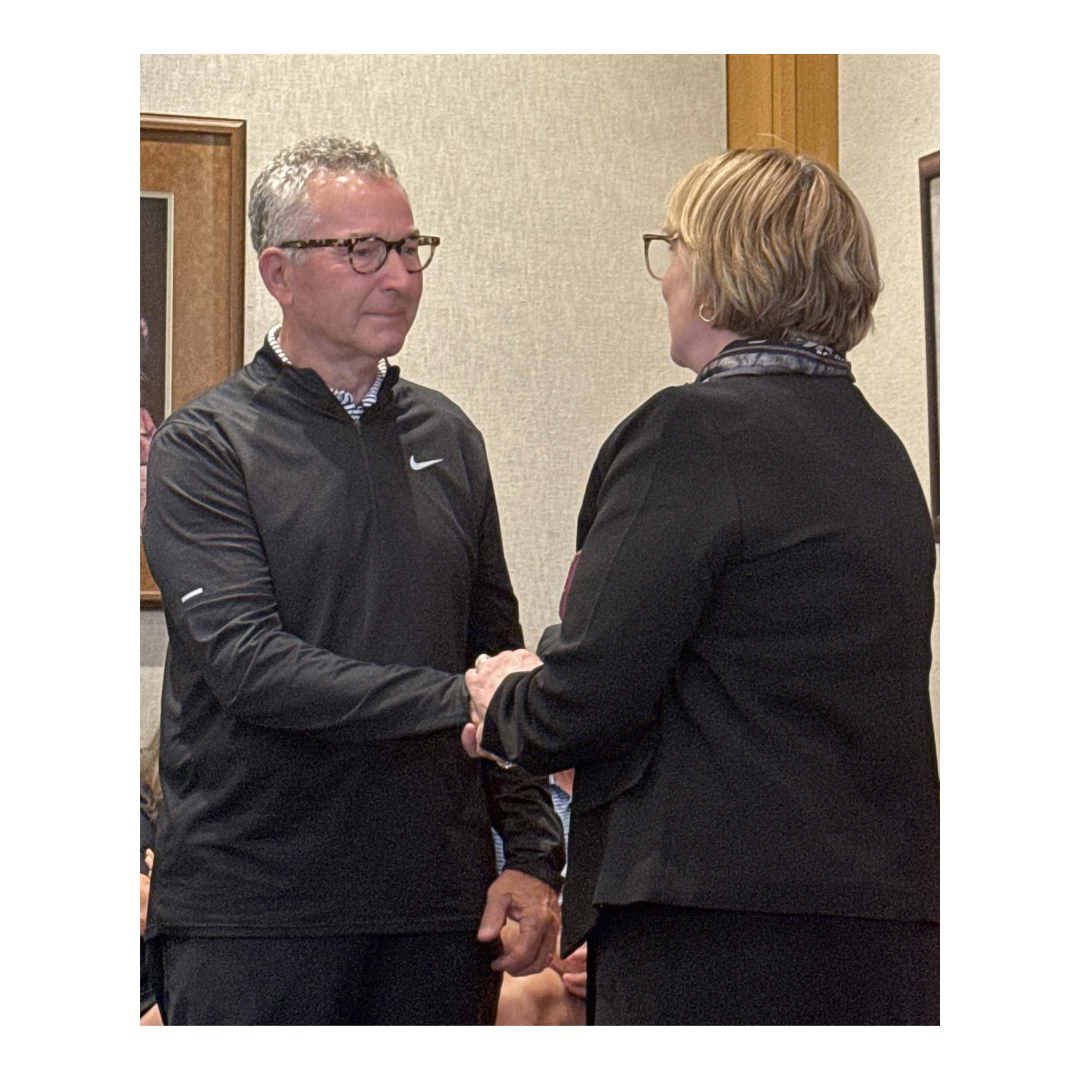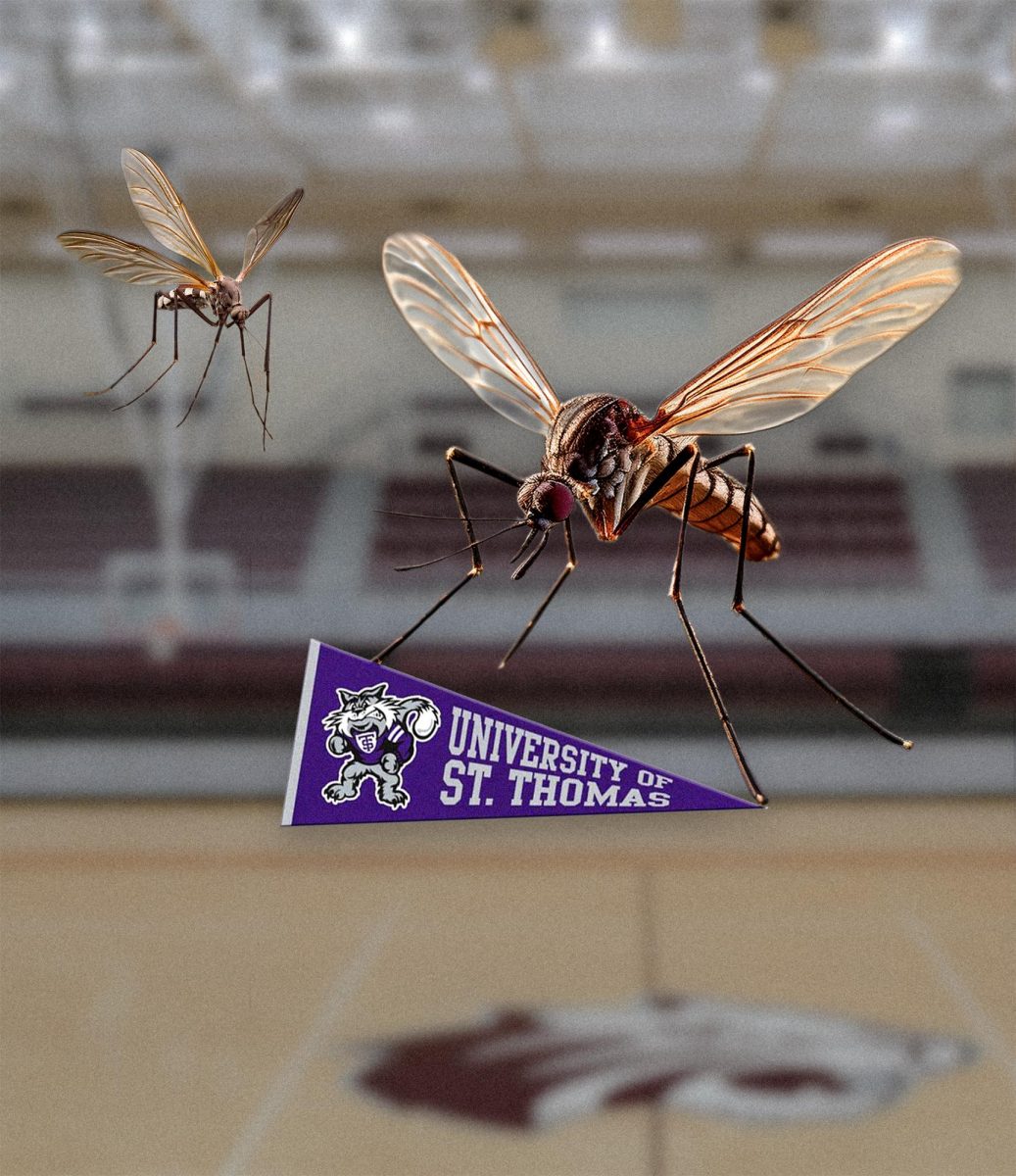Early morning workouts, late nights spent studying, aching muscles– the trials and tribulations of student athletes. Although the issues that student athletes face know no end, they vary greatly from division to division. People outside of the athletic spectrum may assume each college athlete’s lifestyle is the same, but according to Trinity student athletes, the would say that is not the case. Division III life, particularly at a school like Trinity, is a different kind of animal.
There are some key differences between Division I and II and Division III, but perhaps the most scrutinized one is the fact that Division III athletes receive no athletic scholarship money. To dedicate 30 to 40 hours a week to a sport with little financial incentive is certainly trying at times. On top of receiving no scholarship money and practicing such a heavy amount, the academic rigors of many private Division III schools demands a large amount of time and effort as well. Trinity is ranked as the top private school in the western region of the country, per U.S. News and World report. Athletes have therefore had a difficult time finding classes that do not require hours of homework.
“The most challenging part is definitely trying to find a balance,” said Jordan Leeper, senior women’s soccer player. “I just feel like I have to work harder here than at other schools, so I guess that would be the challenging part. I can’t really BS a paper. You have to really try if you want to do well, and trying to do that while also playing sports is not the easiest thing in the world.”
Although some athletes have found the balances is hard to maintain, others have been able to use time management to find a quality balance. Haley McFadden, a junior Cross Country runner, says that she’s achieved this balance by using the right mindset and being realistic with herself.
“Usually I just have to get used to the idea that I won’t actually have any free time, because when you have two practices a day and your taking 15 plus hours you don’t get the luxury of getting free time to relax you have to always be doing something to stay on top,” said McFadden.
Another thing that student athletes have found helpful for success is the understanding and respect that professors at Trinity have for them. They say mutual respect translates to a friendly and open line of communication, which is necessary when missing class due to competition.
First year students work to earn their keep in the classroom, but one should not forget about earning their keep on the field as well. Kevin Flores, senior baseball player, said NCAA athletics can be a mental strain.
“I would tell the incoming freshmen to go to all of the practices and workouts, even if they’re not mandatory, and to play their hardest every day at the field pre-season. Also, I would tell them to take the coach’s advice because they love coachable players.” Flores says that worrying about impressing a coach could psych players out when it reaches the point of changing their approach. “So many freshmen worry about what the coaches say so much so that they start to think about their game too much and change how they play. The most important thing is to remember that you have been playing this game for most of your life, and you should know your style of play better than anyone,” Flores said.
These returning athletes agree that a potential rigorous schedule is something Division III athletes must grasp.
“Definitely be ready to go to work,” Leeper said. “I came in and only took 12 hours with starting school and soccer my first year and it was still extremely hard. It only got more challenging from there, and I realized that I really needed to step it up. Definitely be ready to put your foot down and get stuff done.”

